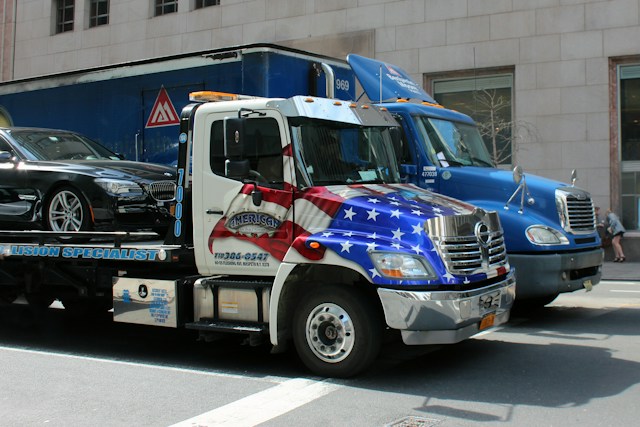
San Jose, a city bustling with activity, is home not only to its vibrant communities but also to diverse ecosystems and wildlife. In the midst of urban development, operations of heavy duty towing in San Jose play a crucial role in maintaining order on the roads. However, the impact of such operations on the local environment, particularly wildlife, raises concerns. In response, towing companies in San Jose are taking measures to minimize their ecological footprint and preserve the delicate balance of local ecosystems.
One of the primary challenges in heavy-duty towing is the potential disruption to habitats and the movement of wildlife. San Jose, with its varied landscapes, is host to a range of species, from small mammals to birds and reptiles. Towing companies recognize the importance of mitigating their impact on these creatures and have implemented strategies to achieve this.
First and foremost, education is key. Towing companies in San Jose prioritize educating their personnel on the local wildlife and the potential environmental consequences of their operations. Awareness programs ensure that towing professionals understand the significance of preserving ecosystems and the role they play in maintaining the city’s biodiversity.
To minimize disturbances during towing operations, companies implement practices such as designated routes and operating hours. By strategically planning towing routes and scheduling operations during periods of lower wildlife activity, companies can reduce the likelihood of encountering and disturbing local fauna.
ALSO READ: Navigating Water Pollution: Legal Recourse for Personal Injuries in the Wake of Environmental Harm
In cases where towing is required near sensitive habitats, advanced notification and coordination with local environmental authorities become essential. Towing companies work closely with environmental agencies in San Jose to obtain guidance on the best practices to safeguard wildlife. This collaborative approach ensures that towing operations align with local conservation efforts.
Additionally, the development and use of specialized equipment contribute to minimizing the impact on wildlife. Towing companies invest in quieter and less intrusive machinery to avoid startling animals in the vicinity. The goal is to conduct operations efficiently while respecting the natural surroundings and minimizing stress on the local wildlife population.
Regular environmental assessments of towing routes and operational areas are another proactive measure. By conducting periodic evaluations, towing companies can identify potential environmental risks and implement adjustments to their procedures accordingly. This approach ensures a continual commitment to preserving ecosystems and adapting practices in response to the dynamic nature of local wildlife habitats.
Conclusion
The heavy-duty towing industry in San Jose recognizes the importance of preserving ecosystems and minimizing its impact on local wildlife. Through education, strategic planning, collaboration with environmental authorities, specialized equipment, and regular assessments, towing companies are actively working to strike a balance between their operational needs and the well-being of the diverse ecosystems that coexist with the city’s urban landscape. By implementing these measures, towing companies contribute to the broader mission of maintaining ecological harmony in the midst of urban progress.

